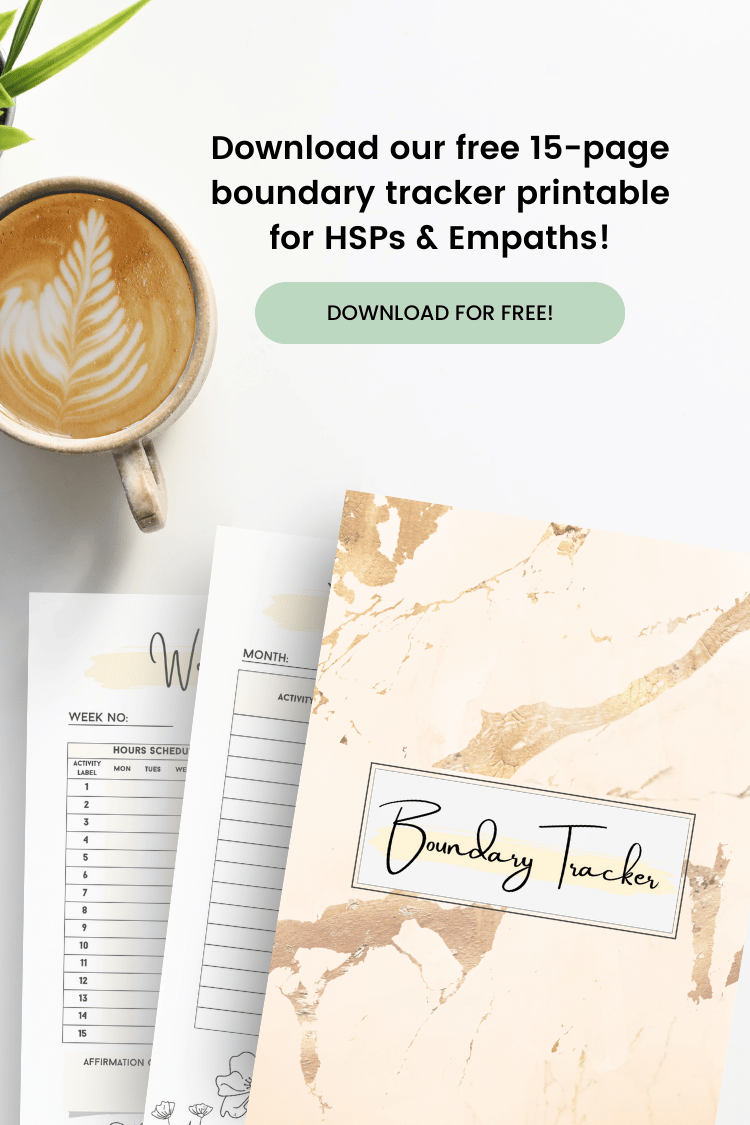Discover how the simple act of gratitude can strengthen your relationship. Learn how expressing appreciation fosters emotional connection, empathy, and stability in partnerships. Explore practical tips and research-backed insights to cultivate a loving, supportive relationship through daily acts of gratitude.
Estimated reading time: 1 minute
In today’s fast-paced world, where relationships are constantly tested by external pressures and everyday stressors, the simple yet profound act of expressing gratitude can be a powerful tool in fostering a loving and supportive partnership. Gratitude, when practiced consistently, has the ability to transform relationships by enhancing emotional connection, promoting empathy, and reinforcing mutual respect.
This blog delves into the crucial role that gratitude plays in maintaining relationship stability, enhancing positive perceptions, and improving overall well-being. Through a blend of empirical evidence and practical applications, we explore how small, intentional acts of appreciation can create a strong foundation for a long-lasting, fulfilling partnership. Whether in traditional or unconventional relationships, the practice of gratitude emerges as a key element in nurturing the love and support that every partnership needs to thrive.
Influence on Relationship Stability
Research indicates that gratitude within partnerships can mitigate stressors such as ineffective arguing and financial difficulties. The University of Illinois at Urbana-Champaign conducted a study where perceived gratitude from one’s partner was shown to shore up relationship stability and satisfaction. The Harvard Health study aligns with this, showing that gratitude releases oxytocin, strengthening bonds between partners.
Moreover, gratitude contributes to perceived relationship satisfaction through emotional and biochemical pathways. In a study, participants who expressed gratitude reported not only an enhancement in relationship quality but also an increased willingness to voice their relationship concerns. This can be streamlined into daily practices, such as verbal expressions of appreciation, which serve to underpin the stability of a partnership.
Positive Perceptions and Empathy
The Journal of Positive Psychology published a study that found expressing gratitude leads to increased positive perceptions of the relationship. Participants were more comfortable addressing relationship concerns, fostering a healthier communication environment. This is corroborated by findings from a joint study by the University of California, Davis, and the University of Miami, which indicated that gratitude promotes optimism and life satisfaction. Participants who reflected on what they were grateful for showed significantly better life satisfaction compared to those fixated on irritations.
Gratitude also enhances empathy among partners, strengthening interpersonal relationships. For instance, the University of Miami found that expressing gratitude leads to better communication and more empathy. This aligns with the results from the Journal of Marital and Family Therapy, demonstrating that such expressions can reduce friction and improve marital satisfaction.
The impact of gratitude has been studied in varied environments, including college sororities, where it was found to predict future relationship outcomes. According to the study published in the Personality and Social Psychology Bulletin, gratitude acts as both a motivator and detector of maintenance behaviors in close relationships. This implies an action-oriented gratitude approach that sustains partnership dynamics through regular appreciative actions.
Enhancement of Well-being
Gratitude has positive implications for overall well-being and life satisfaction. Studies, including one published in Frontiers in Psychology, demonstrate how higher levels of gratitude correlate with better life satisfaction, positive affect, self-esteem, and positive emotions. The reciprocal relationship between gratitude and life satisfaction suggests a cyclical benefit where practicing gratitude leads to increased well-being, promoting continuous human flourishing.
Practical applications of these findings include the practice of writing thank-you letters to partners. According to an article on MomJunction, such letters make partners feel valued, prompting more investment in the relationship. Similarly, a study by the Wharton School at the University of Pennsylvania found that employees who received messages of gratitude from their managers exhibited increased motivation and productivity. These findings can be directly translated into personal relationships, where expressed gratitude fosters mutual respect and trust, essential for long-term partnership success.
In examining the varied ways relationships can manifest, it becomes apparent that gratitude and appreciation transcend traditional frameworks. For example, unconventional relationships such as open marriages, long-distance engagements, or sugar relationships can equally benefit from active expressions of gratitude. Partners in these arrangements often rely heavily on transparent communication and intentional acts of appreciation to sustain their unique dynamics. Recognizing and valuing each other’s efforts in any relationship context helps to build a strong foundation of support.
Practical Applications and Actions
Expressing gratitude does not require grand gestures; simple, consistent acts can suffice. This can include small verbal acknowledgments, written notes, or even thoughtful gestures like sharing a meal. These actions foster a sense of mutual respect and trust. Studies illustrating these elements frame a coherent look into other avenues of appreciating partners.
Writing Exercises & Thank-You Notes
Writing exercises and thank-you notes have an impactful role in maintaining relationship satisfaction. Research points to writing thank-you letters elevating mutual appreciation. Whether it’s crafting a heartfelt letter or leaving a post-it note, these practices contribute to nurturing a supportive partnership. This practical, hands-on approach aligns with findings from Wharton’s studies, emphasizing the motivational effects of written acknowledgments.
Physical Gestures
In addition to written forms of appreciation, physical gestures play a role. Personalized gifts tailored to partner preferences or shared activities can subtly reinforce the bond. The accumulated evidence highlights consistent, albeit simple, actions that collectively stabilize and enhance relationship dynamics. The synergy between verbal appreciation and relevant, thoughtful gestures creates an environment conducive to supportive, loving partnerships.
Verbalized Gratitude
Gratitude, even verbalized in passing, adds value in subtle ways. Everyday scenarios offer numerous opportunities for expressing appreciation. Whether acknowledging a partner’s efforts in day-to-day chores or their role in collective achievements, maintaining an attitude of gratitude sets a positive tone for relationship interactions. The collected research underscores that these practices, though seemingly minor, collectively shape the texture of supportive partnerships.
Furthermore, practical advice from relational studies provides actionable insights. University research and empirical studies underscore gratitude’s profound implications on relational stability, communication, empathy, and overall satisfaction. Simple acts of expressing gratitude emerge from various validated studies as key contributors to sustaining and nurturing positive, supportive, and loving relationships. This alignment of empirical data proficiently supports the notion that gratitude is fundamental in cultivating long-lasting, fulfilling partnerships without expecting significant or sweeping changes.
In summary, the empirical evidence consistently highlights how gratitude fundamentally supports enriched, stable, and fulfilling relationships. Academic observations underscore specific mechanisms through which gratitude operates, offering concrete guidance on maintaining and enhancing relational bonds through sustained appreciative practices.








